If you’re an upcoming mom-to-be, or just looking to boost your fertility overall, you might be interested to know that what we eat can have a powerful impact on boosting our ability to get pregnant and to have a healthy pregnancy.
Many micronutrients and macronutrient needs are increased during pregnancy and vary from trimester. Some micronutrient needs that are increased during pregnancy include:
– Iron
– Choline
– Omega-3’s
– Iodine
Knowing that these increased needs exist, it is in our best interest to focus on foods that can fill this gap, foods I like to call “nutrient dense”.
We can think of the concept of nutrient density as the opposite of foods that are empty calories. Nutrient dense foods are those that carry a high “bang for buck” when we consider things like their micronutrient and macronutrient content. For example, a nutrient dense protein would be something like seafood. More specifically, 3 oz. of oysters can provide ~33mg of zinc, that’s more than 300%!
So, in understanding which nutrient needs are increased in pregnancy as well as applying the concept of nutrient density, we can specify foods that help to meet these criteria and therefore promote fertility overall.
Top 5 Foods to Boost Fertility:
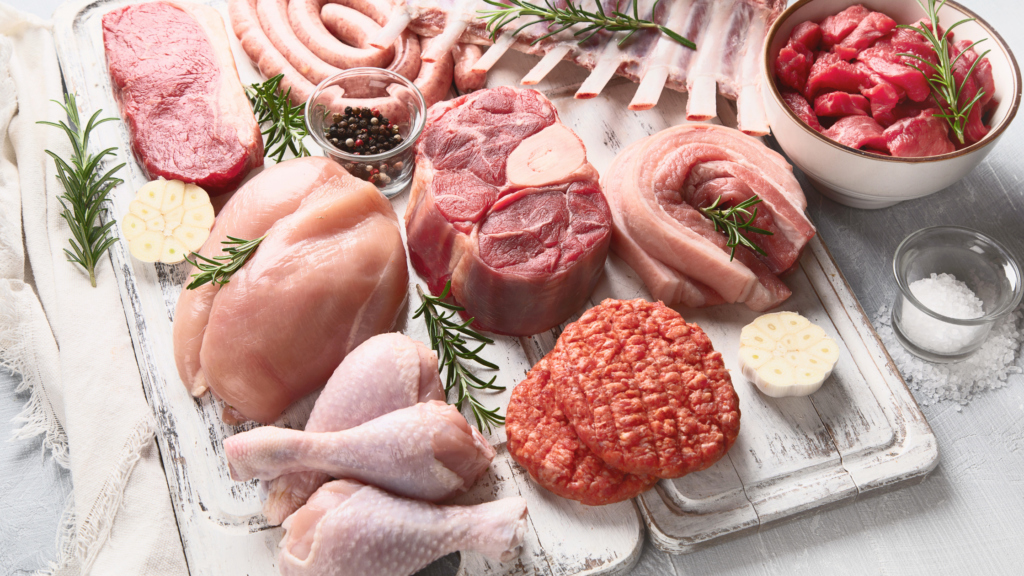
1. Grass Fed Meats & Organs
o Rich in Iron, Choline, Folate, B Vitamins, Complete Protein
Research shows that animal based proteins provide us with a complete amino acid profile, meaning all 9 essential amino acids are being provided for. Since protein requirements are increased during pregnancy, getting good quality animal protein that is easily absorbed by the body is ideal.
You may have also heard that organs are considered to be “natures multivitamin”. This is due to the fact that they contain the highest amounts of naturally occurring vitamins and minerals than any other food. For example, take liver. It is truly a nutrient powerhouse that contains heme iron, choline, active vitamin A, and is one of the richest sources of folate and B12 which are critical for fetal DNA development. Just 1oz of beef liver contains more than 200X more B12 vs. steak or chicken alone. If you want to experiment with organ meats for fertility, I would stick to about 3oz. per week, as it is extremely nutrient rich, we only require them in small amounts!
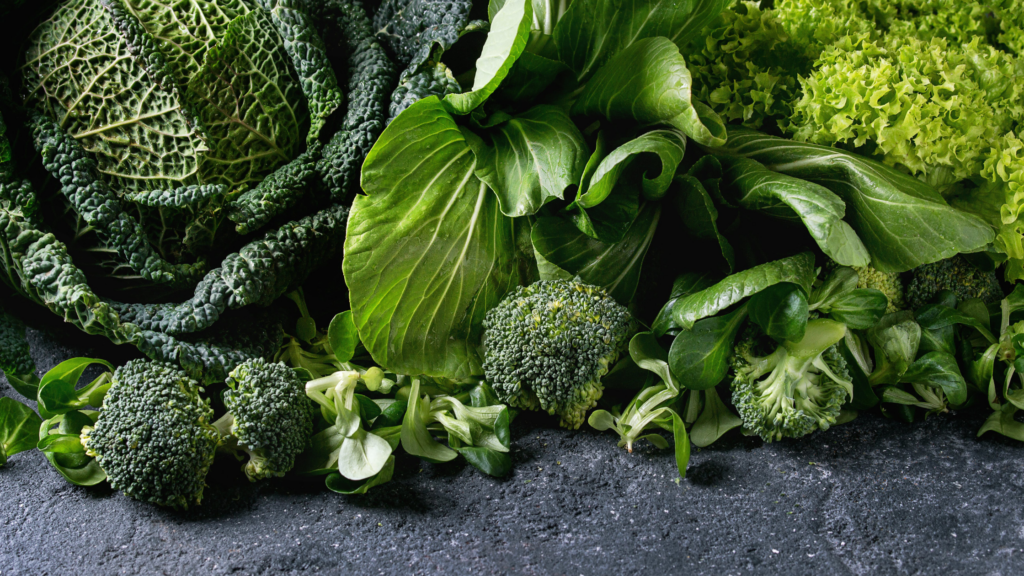
2. Antioxidant Rich Produce: dark berries, leafy greens, colourful vegetables, squash
o Rich in Vitamin C, Antioxidants, Potassium
Everyone knows the importance of vegetables and fruits. But their role in fertility cannot be understated. Research has identified many antioxidants such as flavonoids in fresh produce that can fight against oxidative stress and can boost egg health. Starchy vegetables and fruits also provide a significant portion of potassium, a mineral that can help regulate blood sugar and blood pressure as well as edema/swelling during pregnancy.
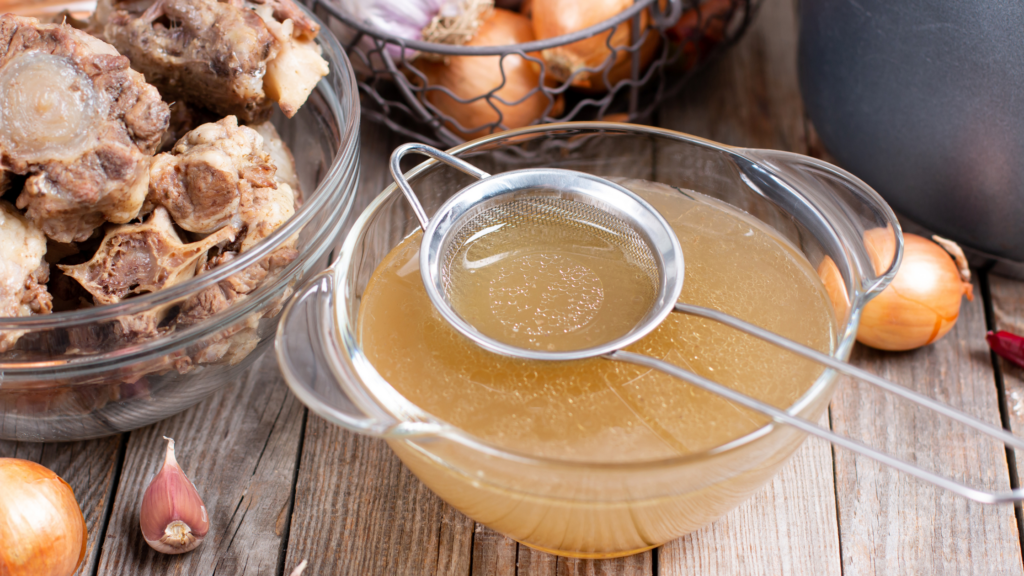
3. Bone Broth
o Rich in Minerals like Calcium, Magnesium, Glycine, and Protein like Collagen & Gelatin
In older days, when every part of the animal was used, our ancestors prioritized broths and soups made from bones and cartilage from game meats. Today, research is confirming the importance of the complimentary and beneficial protein profile that come from the bones and “leftovers” from the animal. Amino acids such as Glycine (which makes up collagen) are critical for connective tissue development of the fetus, but also imperative for mama as well. Did you know that the uterus contains 800% more collagen at the end of pregnancy vs. pre-pregnancy? Not to mention, the use of warm broths and nourishing liquids have been traced back 1000’s of years to ancient practices to promote blood flow and warmth to the uterus and reproductive organs.
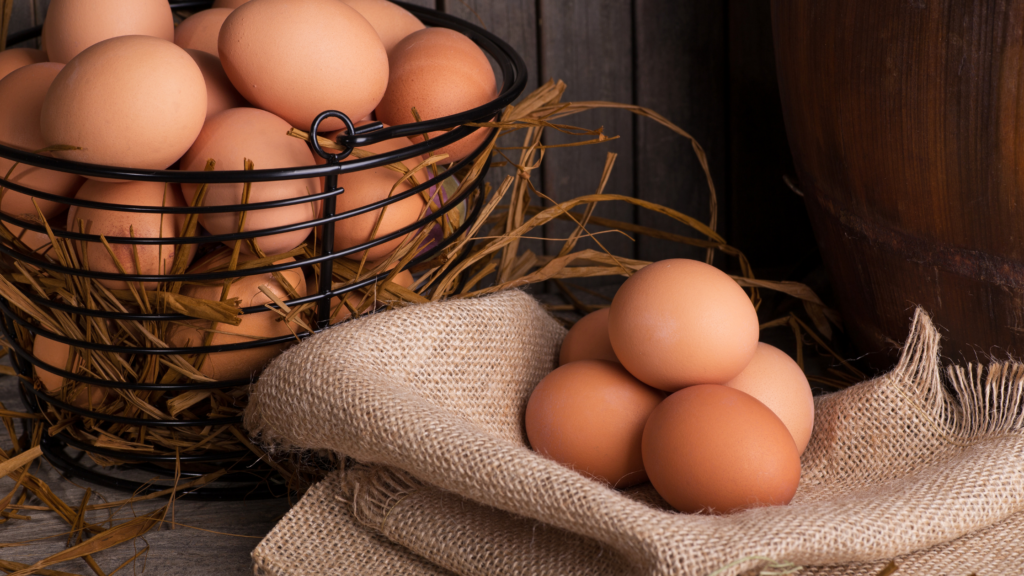
4. Pasture Raised Eggs
o Rich in Vitamin E, Vitamin A & Choline
Eggs are so important and can act as a quick and easy meal or snack that is pro-fertility. Because of their relatively even ratio of protein:fat, they are notorious for being highly satisfying. Eggs are also very nutrient rich, with the yolks containing many fat-soluble vitamins such as vitamins A, E and K2. Research shows that vitamin E can boost ovarian/follicle health and egg quality. Not to mention, eggs are one of the main sources of choline in the diet, which is critical for fetal brain development.
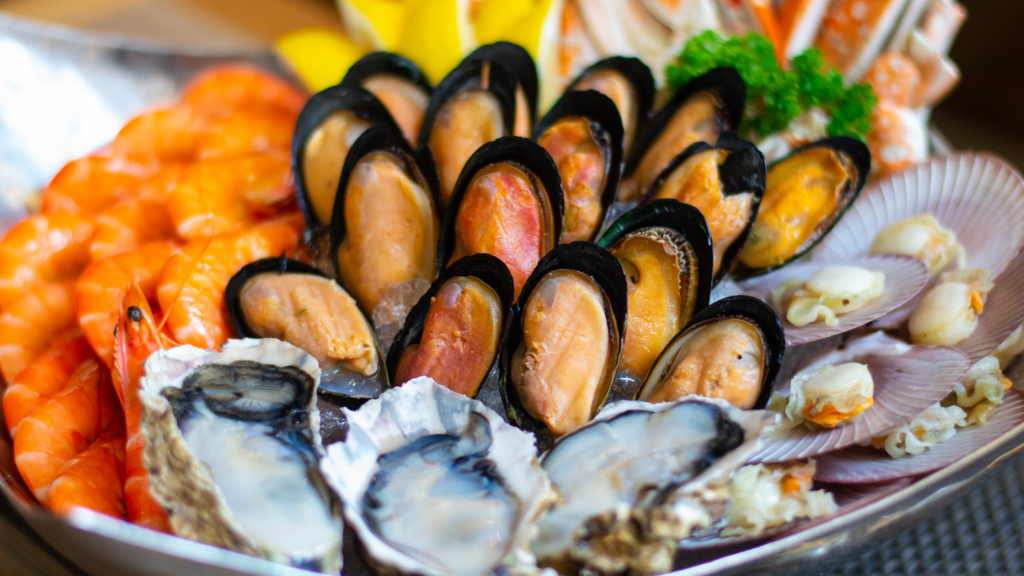
5. Fatty Fish & Seafood: Oysters, Cod, Shrimp, Anchovies, Mackerel, Cod Liver Oil
o Rich in Omega-3’s, B Vitamins, Zinc, Iodine, Selenium
Iodine needs are increased by 50% during pregnancy, meaning we need a reliable source incoming to support these needs. Fish and seafood provide a substantial amount of iodine and can support thyroid health and metabolism. Seafood also provides a potent source of trace minerals such as zinc, copper and selenium which are critical for egg and ovarian health. Be sure to avoid high mercury fish such as swordfish, tuna and other large sized fish, as this can have the opposite desired effect. Cod Liver Oil is also a great option for those who want the benefits of Omega-3’s with the added power of Vitamin D3 and Vitamin A.
Overall, if we want to improve our overall fertility, we should be focused on nutrient dense whole foods that can boost nutrition and help to meet the increased demands that pregnancy brings upon us. By prioritizing our prenatal health, we can have better pregnancy outcomes for not only ourselves but for our little ones!
If you’d like more information or guidance on supplementation, or nutrition for prenatal, pregnancy or post-natal health, our team is more than happy to provide 1:1 support with you.
References:


